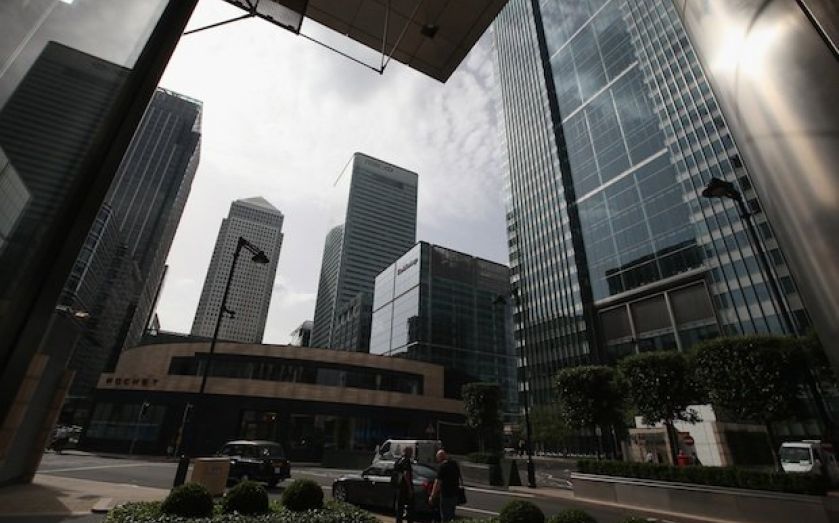Banking competition is already fierce – but technology will intensify it further

FOR ALL the talk of competition in banking, ask yourself: have you ever felt that there is not a product for you on the market? Or that your choices are constrained?
I have a current account with the same bank my family has used for years. But when it comes to my savings, I shamelessly follow the highest return. When I choose my credit card, I pick another provider who charges me the least interest. When I needed to remortgage recently, I used a price-comparison website to decide which was best for me. And so began my relationship with a fourth bank.
In some ways, I am a walking example of banking competition in action. Banks are now competing more vigorously than ever before. I’m one of millions Martin Lewis of Money Saving Expert emails every week about the best deals that are out there to be had.
In September last year, the UK’s banks made it even easier for customers who decide that their current bank isn’t the one for them. They spent £750m on a new Current Account Switching Service, which lets anyone change their banks within seven days.
But, say the critics, there are only five big banks. Actually the UK market compares rather favourably to the rest of Europe. The five largest banks in the UK account for four out of every ten pounds saved or lent in this country. This is low in comparison to most other European countries, where on average the five main groups account for 60 per cent.
As the Office of Fair Trading (OFT) noted last year, we are currently seeing a huge amount of change to our high street banks. Two banks are in the process of launching: TSB and Williams & Glyn. Between them, they will account for 950 branches and over 6 percent of the market. And three other well-known brands, Tesco, Virgin and the Post Office, are also creating a new current account service for their customers.
Competition between banks is delivering benefits for customers. The OFT’s investigation into current accounts last year found that competition between banks had led to a reduction of up to £1bn pounds worth of overdraft charges.
The BBA represents the country’s smallest banks as well as the largest. We’ve been working with some of Britain’s new banks to lower some of the barriers to them expanding and taking on more customers. We’ve asked regulators to look at reducing the amount of money they might need to hold in reserve.
Banks recognise the challenge from newer competitors, but what they say will be the real game changer in coming years will be how technology transforms the sector. In the spring, the banks will be launching a new mobile payment service which allows you to make payments to others using your mobile phone. This will create a new area of competition, as other payments providers such as PayPal harness the new technology.
This is already a highly-competitive market. And a new even more competitive era for our banks is starting to dawn.
Anthony Browne is chief executive of the BBA.